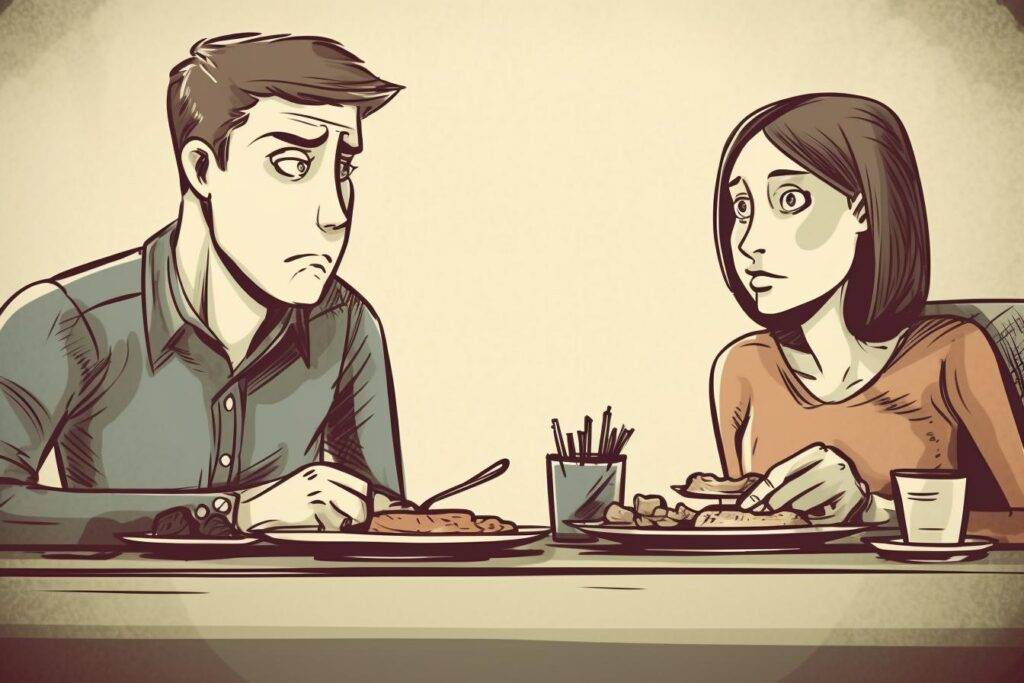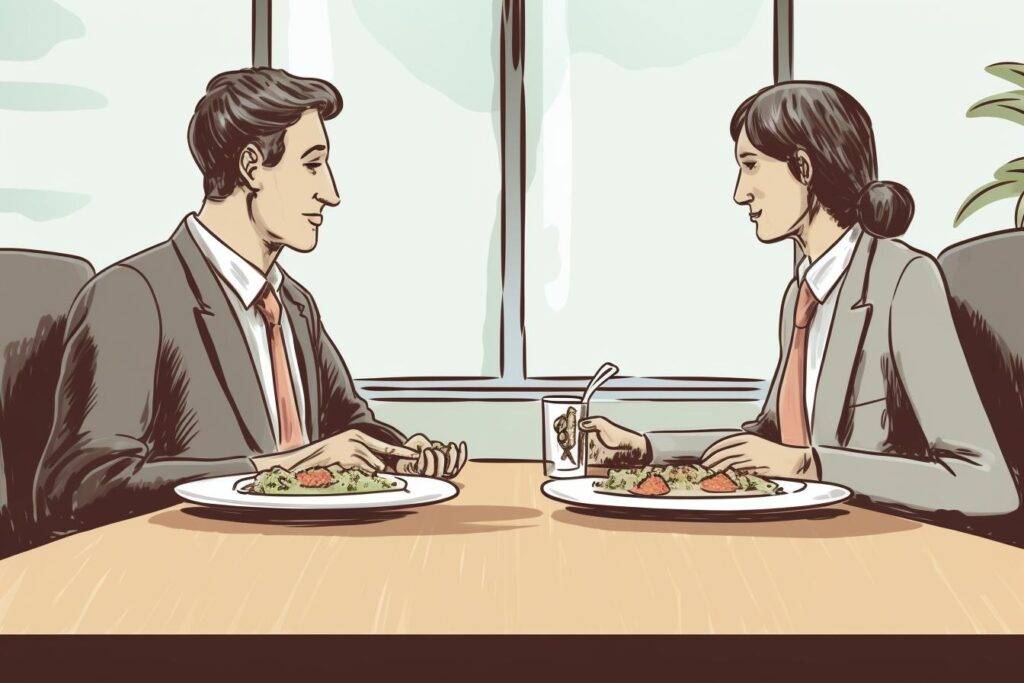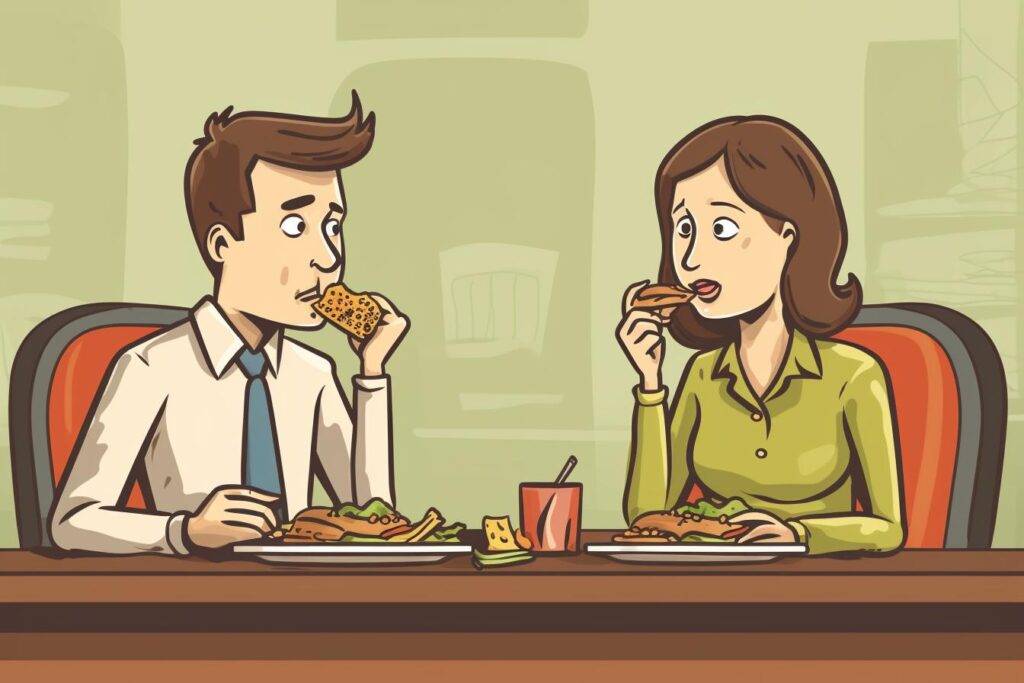A person can remain focused on what is going on around them and eat at the same time, but with a few prerequisites.
In certain situations, such as formal business meetings or work activities that require constant concentration, individuals are generally expected to focus on the discussion or agenda rather than distract themselves by eating, even if this eating is only small snacks. It is professional etiquette to give your full attention to what is going on around you and to refrain from activities that could distract you, including eating.
However, there are also informal settings where it is more acceptable to eat while engaging in other activities, such as casual team lunches or social events. In these situations, people can usually talk or participate in discussions while enjoying their meals.
Performing multiple tasks simultaneously, such as eating while attending a meeting, has the potential to affect a person’s ability to fully concentrate and actively engage in both activities. When attention is divided, you are more likely to miss important details or not fully understand the discussion.
Whether an individual can concentrate while eating depends on their ability to effectively manage their attention to the activities at hand. However, it is important to re-emphasize that professional etiquette should prevail over demonstrating one’s ability to concentrate. Not to mention the smells and sounds of the food if it is done in person.
The topic of the question came from a quote from a member of the Riga City Council on Twitter: “Today Mr Kaminetsky (Kameņeckis) kindly asked for a break in the meeting so that we (Pro) could finish eating (the cherries) and make a decision. I am surprised to learn that some people’s thinking stops when they eat. That has never happened to me. Every council meeting we have skittles.”
Etiquette, respect for colleagues and the public – such a quote demonstrates a lack of understanding of these terms.




